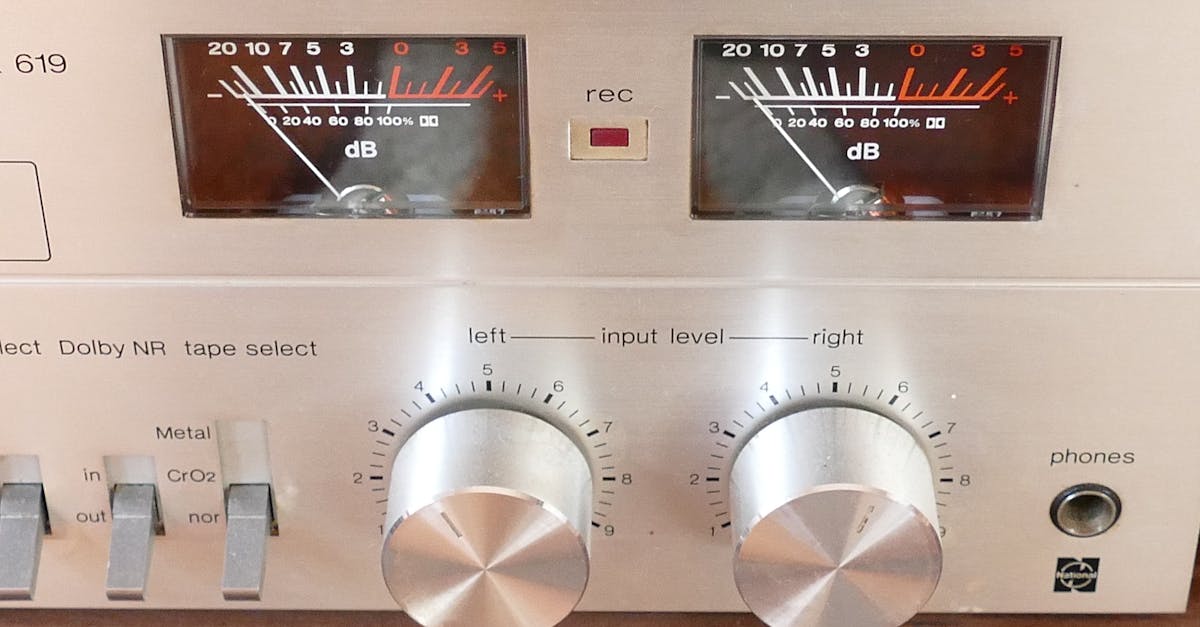Harmonious Beats Symphony of Global Tunes
Introduction
In a world that thrives on diversity, music remains a universal language, bridging gaps between cultures and communities. The Harmonious Beats Symphony of Global Tunes encapsulates this spirit, bringing together varied musical styles and genres from across continents. As we delve into global music, we discover how melodies and rhythms tell stories, celebrate identities, and create connections. Music has the power to transport listeners beyond their physical environment into different worlds. With the rise of digital platforms, accessing global music has become a seamless experience for millions. This article embarks on an exploration of how music interweaves itself into the fabric of global culture, fostering harmony and understanding through its beats.
Advertisement
The Power of Music
Music has always held an extraordinary ability to evoke emotion, transcend language barriers, and convey complex narratives. At its core, it connects people, offering solace, inspiration, and introspection. From haunting, somber melodies to vibrant, rhythm-driven tunes, each note carries the spirit of its origin. Ethnomusicologists study how music reflects societal values, historical events, and the human condition. Cultural nuances embedded in the music provide insights that resonate with listeners beyond local borders. Thus, global music collaborates with culture, history, and innovation to offer an engaging auditory experience.
Advertisement
The Fusion Phenomenon
In today's interconnected world, fusion music is gaining considerable popularity, blending distinct musical traditions and creating innovative sounds. Artists like Anoushka Shankar expertly unite classical Indian sitar with Western instruments, crafting a unique auditory experience. Similarly, the genre of Afrobeat, pioneered by Fela Kuti, marries African rhythms with jazz and funk influences. Cross-cultural collaborations have become more common, with artists worldwide embracing the opportunity to experiment and create something unprecedented. These connections enhance global understanding, mixing genres and fostering new musical forms that reveal underlying commonalities among cultures.
Advertisement
Regional Music Styles
Every region boasts unique musical styles, reflecting its geographical, social, and historical contexts. African music shines in its use of polyrhythms and call-and-response structures, resulting in infectious beats. Meanwhile, the Middle East captivates with maqam, a melodic concept defining the region's music. Europe's classical tradition burgeons in its symphonic and operatic compositions, renowned for their structural complexity. Latin America presents lively and energetic forms like samba and tango, exemplifying passion and movement. These styles weave together to create a rich tapestry of global soundscapes, as ever-evolving as the cultures they represent.
Advertisement
Role of Technology in Music
In the digital era, technology has played a significant role in democratizing access to global music. Streaming services like Spotify and Apple Music have created platforms where artists worldwide can reach audiences without geographical constraints. Social media platforms amplify this effect, allowing fans to engage directly with their favorite artists and discover new music. Music software enables artists to experiment with diverse sounds, irrespective of traditional limitations. This digital renaissance empowers artists and audiences alike, ensuring that breakthroughs in sound and style find global appreciation in real time.
Advertisement
Cultural Impact of World Music
World music fosters cultural appreciation, helping listeners understand diverse traditions, languages, and histories. Institutions like WOMAD, a music festival dedicated to world music, spotlight cultural hybridity and borderless creativity. In educational contexts, integrating global music into curricula allows students to develop cultural competency and empathy. By bringing different musical traditions to the forefront, listeners become global citizens in the auditory landscape. Furthermore, global music acts as an ambassador of peace, creating open lines of communication and fostering dialogues bridging cultural divides.
Advertisement
Economic Influence of Global Music
Beyond cultural exchange, the music industry serves as an economic powerhouse in the global market. Music festivals and global tours generate significant revenue, stimulating local economies through tourism. Major cities, such as Berlin and New Orleans, have become cultural hubs due to their vibrant music scenes, attracting diverse talent. With fluctuating trends, digital distribution channels ensure that artists receive equitable compensation, granting them global stage access. Countries invest in preserving and promoting their musical heritage, contributing to the cultural economy's diversity and sustainability.
Advertisement
Cultural Appropriation Concerns
As the accessibility of global music increases, so does the potential for cultural appropriation. While cultural exchange promotes understanding, it is important to remain mindful of the power dynamics involved. There is a palpable difference between respectful inspiration and exploitation of a culture's distinct art form without acknowledgment or respect for its origins. Genuine collaborations recognize cultural roots, while promoting inclusivity and respect. Artists and audiences alike should approach global music with a profound appreciation and understanding of its cultural significance. Embracing this knowledge allows for the authentic integration of diverse music styles.
Advertisement
Future of Global Music
The future of global music is one of continued evolution and innovation. As technology advances, augmented reality and virtual reality experiences may further immerse audiences in diverse cultures. Interdisciplinary collaborations will likely grow, with artists joining forces across genres and media to create multi-sensory experiences. Global music education will continue to play a crucial role in bridging cultures and celebrating diversity. Furthermore, the democratization of global platforms ensures that emerging artists can showcase their talent to wider audiences. With increasing curiosity for cultural understanding, the harmonious beats of global music will continue to resonate.
Advertisement
Conclusion
In summary, the Harmonious Beats Symphony of Global Tunes demonstrates the power of music to unite people across borders and foster cultural understanding. This exploration into global music reveals its capacity to blend diverse traditions, experience economic impact, and empower artists worldwide. As technology and globalization enable increased accessibility, our appreciation for music's universal language deepens, reinforcing its integral role in shaping society. However, it is essential to maintain respect for cultural authenticity and origins while embracing new influences. As we champion global music, it becomes a symbol of humanity's shared heritage, cultural enrichment, and evolving creativity.
Advertisement







